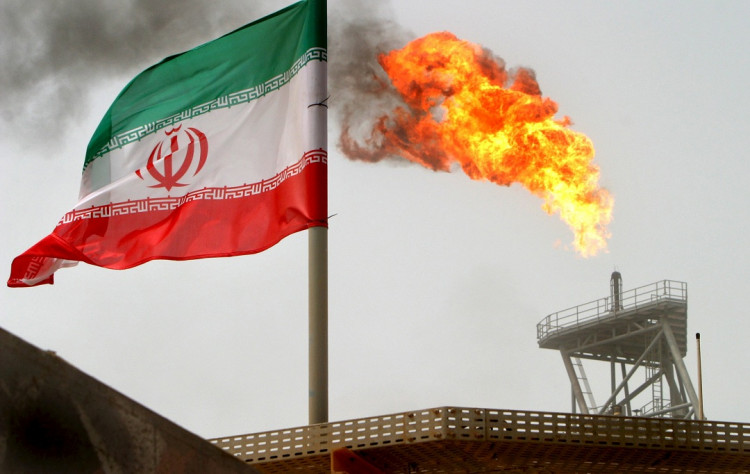Oil prices tumbled over 6% on Monday following Israel's restrained military response to Iran, marking a significant retreat in the geopolitical risk premium that had built up in crude markets. Both Brent crude and West Texas Intermediate (WTI) futures saw sharp declines, with Brent closing 6.3% lower at $71.25 a barrel and WTI falling 6.7% to $67. These prices represent the lowest levels in October, erasing much of the prior week's gains, which had been driven by uncertainty around the upcoming U.S. elections and fears of a more aggressive Israeli response.
The Israeli airstrikes, carried out over the weekend, targeted Iranian air defense systems and military assets but notably spared the nation's oil and nuclear facilities. Analysts suggest that this decision, influenced in part by diplomatic considerations, led to a reduction in the risk premium on oil. John Evans, an analyst at oil brokerage PVM, highlighted the influence of the Biden administration on Israel's measured response, likely aimed at managing tensions amid the U.S. election season.
The swift drop in oil prices underscored the market's relief that energy infrastructure remained untouched. Commonwealth Bank of Australia analyst Vivek Dhar commented on the broader implications, noting that "despite Israel's choice of a low-aggression response to Iran, we have doubts that Israel and Iran's proxies (Hamas and Hezbollah) are on track for an enduring ceasefire." The continued risk of escalation remains a concern for investors, although immediate fears of supply disruptions have subsided.
Citi analysts, led by Max Layton, adjusted their three-month Brent price target downward, from $74 to $70 a barrel, reflecting the reduced risk premium in the wake of the strikes. "The market is now reassessing the balance between geopolitical risks and fundamental factors like demand," Layton noted in a report.
In a broader context, the Middle East has seen rising tensions in recent months, with non-state actors like Iran-backed Houthi militants launching isolated attacks on shipping in the Red Sea. However, the main players in the region have largely refrained from directly targeting energy exports, a critical factor in the relative stability of oil markets during this period. Saul Kavonic, an energy analyst at MST Marquee, highlighted that the limited scope of Israel's response has "raised hopes for a de-escalatory pathway," leading to a drop in oil prices by several dollars per barrel.
Despite this relief, concerns about weak global demand continue to weigh on the oil market. In Asia, which accounts for two-thirds of global crude demand, imports have underperformed expectations. Data from LSEG Oil Research indicates that October imports across Asia are projected to be 26.74 million barrels per day (bpd), slightly down from 27.05 million bpd in September. China's declining crude imports are a particular point of concern, with arrivals down 350,000 bpd in the first nine months of 2024 compared to the previous year. This reduction, driven by economic slowdowns and shifts in energy consumption, particularly the transition toward electric vehicles, has dampened expectations for a significant rebound in oil demand.
While OPEC+ continues to manage supply levels, their efforts have been hampered by tepid demand growth. The group, which includes key producers such as Saudi Arabia and Russia, is scheduled to begin gradually lifting production cuts in December, starting with an increase of 180,000 bpd. However, market analysts believe that this plan may be delayed due to the current softness in demand. Tim Evans, an energy analyst quoted by Reuters, suggested that OPEC+ may push back its planned output increase "beyond December" to avoid further depressing prices.
The oil market's attention is now shifting back to fundamentals, particularly the economic outlook in major consuming countries. "Poor macroeconomic realities centered around China will take over the narrative again to push the oil price lower," said Harry Tchilinguirian, head of research at Onyx Capital Group, in a Bloomberg interview. He pointed to China's economic challenges and slow recovery as key factors limiting global oil demand.
OPEC and its allies will meet on December 1 to review their production strategy, with many analysts anticipating a cautious approach given the fragile balance between supply and demand. Ashley Kelty, an analyst at Panmure Liberum, commented that "rhetoric from OPEC+ ministers in coming weeks around the unwinding of quotas will be a key driver for prices, with a postponement of production increases becoming more likely due to the soft fundamental outlook."




